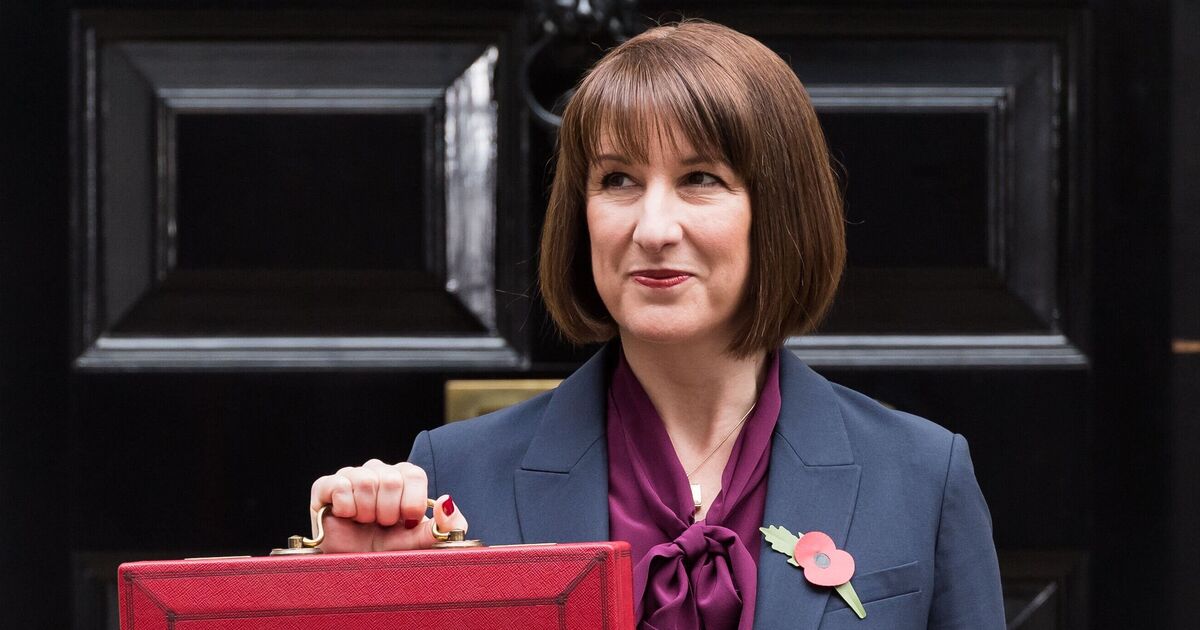Pensioners and employees working from home who only use their vehicle to potter around town or for the odd day out could be set for major discounts. Previous data has suggested pensioners travel an average of 1,665 miles per year, meaning a 9p fee would come out at £149.85 per year.
But hard-working commuters who clock up thousands of miles per year would lose out. Britannia Car Leasing has previously suggested that if working a five-day week, motorists who commute would clock up an average of about 250 miles per week.
This would work out at a staggering 13,000 miles per year. Now let’s do the maths again. That’s an annual road tax bill of £1,170 per year. A lot higher than many motorists’ current tax.
Motorists tend to pay £365 per year on fuel duty, on top of standard VED rates which sit at £195. That’s £560 per year vs £1,170. In a cost-of-living crisis where many are already struggling to make ends meet.
The Resolution Foundation has suggested these tax fees are applied to electric cars for now as part of major reforms.
Campaigners say any new VED system would ensure electric driving “remains cheaper”, but looking at these numbers that could be under threat. The Treasury is still keeping its cards close to their chest, admitting nothing will be revealed ahead of the statement.
They said the Chancellor keeps all taxes under review and makes tax decisions at fiscal events. They added that the Treasury does not comment on speculation about tax changes.
In a statement about the Resolution Foundation report, the Treasury said: “Our balanced approach helps to protect public finances during the transition to electric vehicles. We have introduced Vehicle Excise Duty on Electric Vehicles while providing £1.4bn to boost sales and £650m in grants to cut upfront costs by up to £3,750 per vehicle.”
The Treasury is set to lose around £15billion in motoring taxes as more drivers make the switch to electric vehicles so a new pay-per-mile system for EVs would make financial sense. However, Britain’s commuters will never forgive the Chancellor if the very people contributing most to society are forced to dip into their own pockets to cover the shortfall.
It was politicians who first called on motorists to embrace electric cars with their discounted tax billed as a major incentive to switch. Labour has backed EVs, pushing ahead with a petrol and diesel car ban by the end of the decade. With 1.7million EVs now on Britain’s roads, at best, introducing these sky-high fees would be a blow to families and a major boost to rivals when Labour is already struggling badly in the polls.
However, at worst, it could be seen as a treacherous betrayal of what was advertised when many owners took the leap of faith in swapping their petrol and diesel cars for electric motors.

